WAKŌ, Japan: Mimicking the adhesive properties of mussels, which are able to form a tight bond with smooth surfaces, scientists from the RIKEN research institute in Japan have successfully attached a biologically active molecule to a titanium surface, a metal used in artificial joints and dental implants, for example. Their findings may enable the development of new cell growth-enhancing materials and thus more biologically beneficial dental implants.
When it comes to functionality and compatibility, the achievements of nature are rarely matched by science. Mussels, for example, can attach tightly to almost any surface owing to a certain protein, L-dopa, which is able to bind very strongly even to smooth surfaces such as that of ceramics or metals.
Taking their inspiration from this particular feature, the Japanese scientists sought to imitate nature in order to enhance biocompatibility in medical applications. “We thought it would be interesting to try to use various techniques to attach a biologically active protein—in our case we chose insulin-like growth factor-1, a promoter of cell proliferation—to a titanium surface like those used in implants,” lead author Chen Zhang from the RIKEN Nano Medical Engineering Laboratory explained.
Using a combination of recombinant DNA technology and treatment with tyrosinase, the researchers were able to create a hybrid protein that contained active parts of both the growth factor and L-dopa. In additional experiments, the team was able to confirm that the proteins bound strongly to the titanium surface and remained attached, even when the metal was washed in phosphate-buffered saline, a water-based solution.
“This is similar to the powerful properties of mussel adhesive, which can remain fixed to metallic materials even underwater,” Zhang said. According to Dr Yoshihiro Ito, the team leader of the Emergent Bioengineering Materials Research Team of the RIKEN Center for Emergent Matter Science, this universal modification process could be used with other proteins too and may allow for the production of new cell growth-enhancing materials, with potential applications in cell culture systems and regenerative medicine.
The study, titled “A bioorthogonal approach for the preparation of a titanium-binding insulin-like growth-factor-1 derivative by using tyrosinase”, was published online ahead of print on 6 July in the Angewandte Chemie International Edition journal.
REYKJAVIK, Iceland: The University of Iceland (HÍ) and the Directorate of Immigration are currently finalising a work agreement on determining the age of ...
CAMBRIDGE, Mass., U.S.: Hydrogen embrittlement causes sudden, costly failures of metal components across a wide range of industries. Researchers from the ...
In the present case report, a new method that allows impression taking of implants inserted at a steep angle is presented. The use of implants for the ...
HEFEI, China/HONG KONG: In a new study, biomaterial scientists have found that a substance similar to the adhesive that mussels use to attach to rocks and ...
SEOUL, South Korea: The history of dental implantology dates back to ancient times, yet researchers are still trying solve a number of issues, such as ...
DUBAI, UAE: Currently, Andrew Medical, an innovative start-up company from Italy that specialises in the development and production of 3D-printed titanium ...
BRISBANE, Australia: Ensuring the formation of a solid soft-tissue seal at the dental abutment surface is crucial for protecting the underlying tissue from ...
On 17 October, the DT Study Club will host the Implants Symposium, a free-of-charge online event dedicated to the latest developments in oral implantology. ...
SCHAAN, Liechtenstein: The Ivoclar Group, a leading manufacturer of integrated solutions for high-quality dental applications, and MALO ...
HONG KONG, China: Moisture is one of the greatest challenges for dental fillings, as it reduces adhesive performance. To overcome this obstacle, researchers...
Live webinar
Tue. 24 February 2026
1:00 pm EST (New York)
Prof. Dr. Markus B. Hürzeler
Live webinar
Tue. 24 February 2026
3:00 pm EST (New York)
Prof. Dr. Marcel A. Wainwright DDS, PhD
Live webinar
Wed. 25 February 2026
11:00 am EST (New York)
Prof. Dr. Daniel Edelhoff
Live webinar
Wed. 25 February 2026
1:00 pm EST (New York)
Live webinar
Wed. 25 February 2026
8:00 pm EST (New York)
Live webinar
Tue. 3 March 2026
11:00 am EST (New York)
Dr. Omar Lugo Cirujano Maxilofacial
Live webinar
Tue. 3 March 2026
8:00 pm EST (New York)
Dr. Vasiliki Maseli DDS, MS, EdM



 Austria / Österreich
Austria / Österreich
 Bosnia and Herzegovina / Босна и Херцеговина
Bosnia and Herzegovina / Босна и Херцеговина
 Bulgaria / България
Bulgaria / България
 Croatia / Hrvatska
Croatia / Hrvatska
 Czech Republic & Slovakia / Česká republika & Slovensko
Czech Republic & Slovakia / Česká republika & Slovensko
 France / France
France / France
 Germany / Deutschland
Germany / Deutschland
 Greece / ΕΛΛΑΔΑ
Greece / ΕΛΛΑΔΑ
 Hungary / Hungary
Hungary / Hungary
 Italy / Italia
Italy / Italia
 Netherlands / Nederland
Netherlands / Nederland
 Nordic / Nordic
Nordic / Nordic
 Poland / Polska
Poland / Polska
 Portugal / Portugal
Portugal / Portugal
 Romania & Moldova / România & Moldova
Romania & Moldova / România & Moldova
 Slovenia / Slovenija
Slovenia / Slovenija
 Serbia & Montenegro / Србија и Црна Гора
Serbia & Montenegro / Србија и Црна Гора
 Spain / España
Spain / España
 Switzerland / Schweiz
Switzerland / Schweiz
 Turkey / Türkiye
Turkey / Türkiye
 UK & Ireland / UK & Ireland
UK & Ireland / UK & Ireland
 Brazil / Brasil
Brazil / Brasil
 Canada / Canada
Canada / Canada
 Latin America / Latinoamérica
Latin America / Latinoamérica
 USA / USA
USA / USA
 China / 中国
China / 中国
 India / भारत गणराज्य
India / भारत गणराज्य
 Pakistan / Pākistān
Pakistan / Pākistān
 Vietnam / Việt Nam
Vietnam / Việt Nam
 ASEAN / ASEAN
ASEAN / ASEAN
 Israel / מְדִינַת יִשְׂרָאֵל
Israel / מְדִינַת יִשְׂרָאֵל
 Algeria, Morocco & Tunisia / الجزائر والمغرب وتونس
Algeria, Morocco & Tunisia / الجزائر والمغرب وتونس
 Middle East / Middle East
Middle East / Middle East


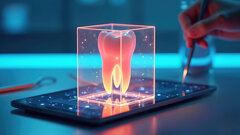

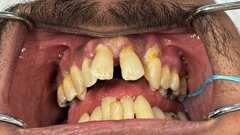
















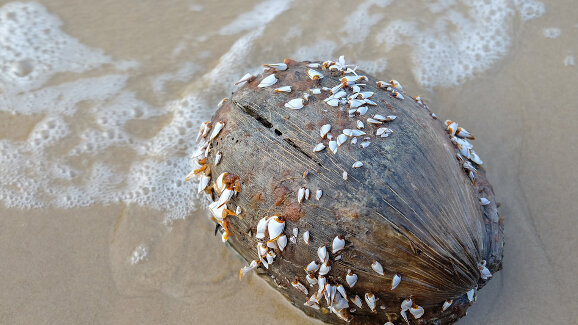



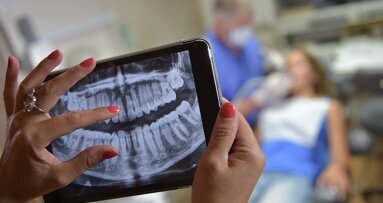
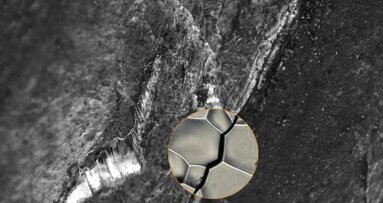
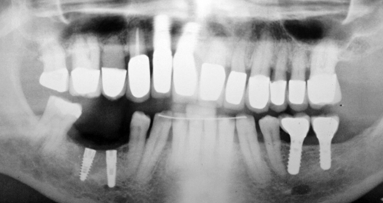
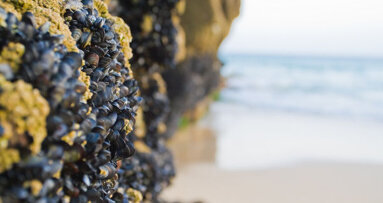
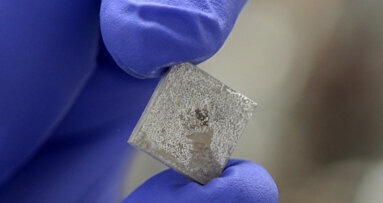
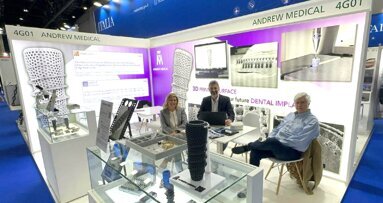
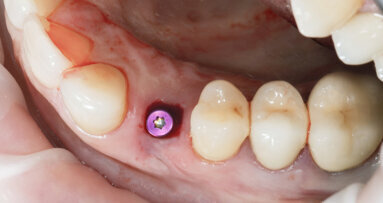
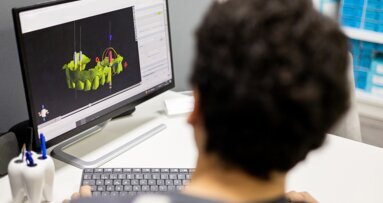
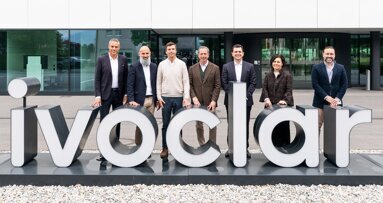
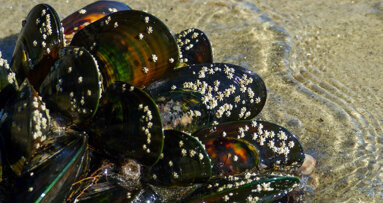









To post a reply please login or register